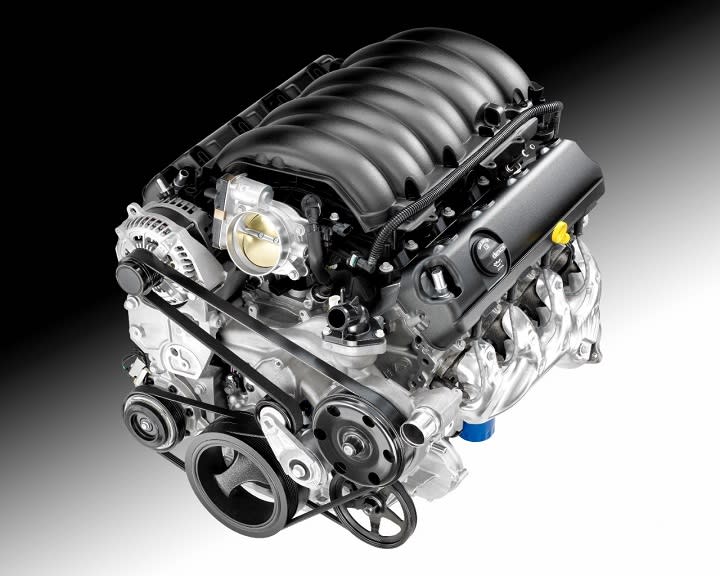GM and Tula Technology to Boost V-8 Fuel Economy in Next Few Years
Imagine boosting fuel economy in a V-8-powered large SUV by as much as 21%. General Motors (GM) is currently working with Delphi Automotive, a major global automotive supplier and also a key GM supplier, to do just that. This significant fuel-economy improvement may be possible in the near future using a new technology that can deactivate most of an engine’s cylinders during highway cruising. At the same time, the new technology could reduce emissions by nearly the same percentage.
Called Dynamic Skip Fire (DSF), the new cylinder-deactivation system developed by Tula Technology Inc., a small start-up software company in San Jose, Calif., is being tested by Delphi. GM first invested in Tula three years ago, and just this month Delphi announced that it also is adding to its investment in Tula to commercialize the fuel-saving engine software. R. Scott Bailey, president and CEO of Tula, said “Delphi's strong expertise in engine management systems and valvetrain components will help us to further optimize the overall performance of DSF and accelerate the deployment of our unique technology for 3-, 4-, 6-, and 8-cylinder engines."

The new cylinder-deactivation system not only improves fuel efficiency, but also manages engine noise, vibration, and harshness, according to Tula officials. It is likely to be available within five years, first in GM products, according to Tula and GM. DSF allows an SUV, such as a Chevrolet Tahoe, to travel at highway speed with the engine using only two of its eight cylinders. Recently, reporters and auto experts were given a look at the new technology in Detroit, Mich., and at the recent Frankfurt Motor Show.

 Yahoo Autos
Yahoo Autos 
